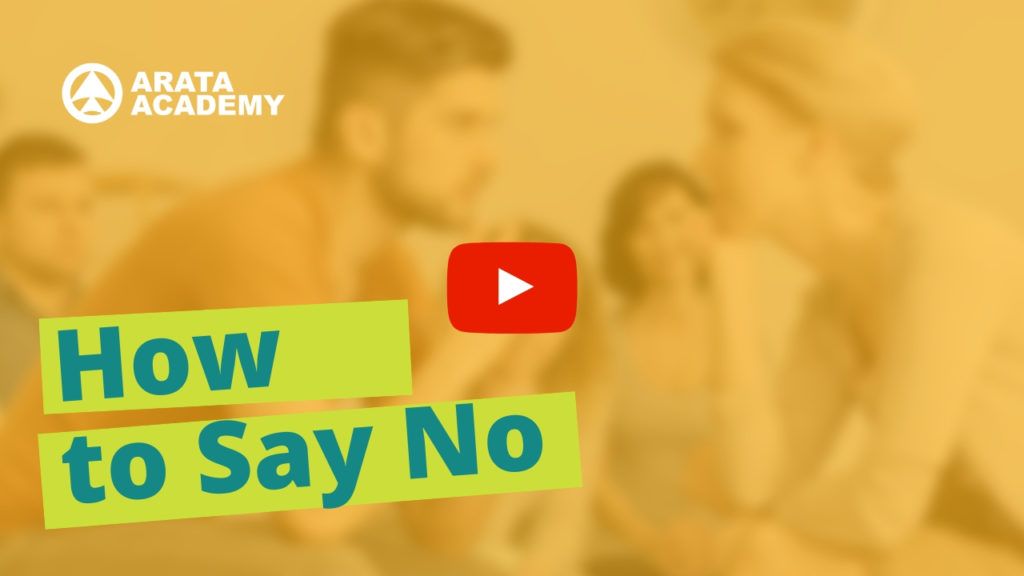Hello! Seiiti Arata. Bullying is a word that has become common among our current concerns, but it has been a subject studied by anthropology and sociology for a long time.
There are several definitions, but in this conversation we will consider bullying as the behavior that happens when one person tries to dominate another, usually by public humiliation. This is a behavior that can be seen among children in schools but also among adults in companies, on social networks and practically everywhere where there are several human beings living together.
Bullying is an imbalance of power, when a person tries to seize power in a way that makes you feel diminished and the bully gets on top. And the more you show your agony, the more you suffer, the more you get angry, the more you try to fight back without success, the more the bully has fun.
Therefore, if you suffer or have suffered from bullying, understanding this behavior as a type of power struggle can help you find effective solutions to stop or overcome bullying.
You are not special.
Bullying is common. It happens in almost every culture and to more people than you can imagine. I suffered bullying as a teenager and I know several friends who also suffered it. Therefore, you should not be thinking that this behavior is something that happens only to you.
If you think bullying is only affecting you, you may start to believe that there is something wrong with you. And that could mean that you deserve being mocked. However, when you reframe this situation, understanding that bullying is present in several places, you come to understand that it is your responsibility to do something about it so as not to continue being abused.
Once you understand that you are not special just because you are bullied, the next step is to find solutions to avoid or even overcome bullies.
The first solution to bullying is to ignore it.
When someone tries to humiliate us, our instinctive reaction is to fight it. We try to humiliate back, we try to engage in physical or verbal aggression, we even try to pretend we don’t care but it is difficult to hide feelings.
That first instinctive reaction is just what the bully wants. He wants to see us shaken, to make the humiliation even greater. This makes those who practice bullying feel more powerful and dominant.
The first way out is to ignore bullying altogether. You see, I didn’t say pretend to be ignoring, but really ignore it.
This is much easier said than done To completely ignore bullying, so that any word or attitude of another person doesn’t get to you, you need a lot of self-confidence, a great sense of internal value.
There is an old story about a Samurai who asks a disciple: “If someone comes to you with a gift, and you don’t accept it, who does the gift belong to?”
The disciple replies: “The gift still belongs to whoever tried to give it to us”.
So, the Samurai teaches: “The same goes for envy, anger, and insults. When they are not accepted, they still belong to whoever carried them ”.
You can understand bullying as a game between winning and losing. And the way to win is to not care about the provocations.
What a bully wants is a reaction from you. If you don’t react, maybe he’ll go away bored. However, there is also the possibility that your lack of reaction is considered a passive posture and this further increases bullying. Soon we’ll see what to do in this situation, which is when you need to draw limits on what you don’t accept. But before that, let’s take a look at how to ignore bullying from a position of confidence.
The best way to ignore a bully is to increase your self-confidence.
The bullying that hurts the most is the one that affects our self-esteem. If someone picks up on a weak point of ours, it is very difficult to just ignore it. The way out, then, is to reduce our weaknesses. This is done by increasing self-confidence.
Create a positive network of people who appreciate you for who you are, with your strengths and weaknesses. Look for people with similar interests. Stay with these people and you will see that the bully will have less courage to keep pestering you. The person to talk to may be a peer or someone older, a relative, a teacher, a therapist. Tell people what’s going on. Don’t keep hiding it.
To increase your self-confidence, you need to work on your personal development. You need to know yourself better. You need to list your strengths and be aware that you have qualities and flaws, just like anyone else.
A good way to resist impulses and not react instinctively is to practice mindfulness meditation. If you are bullied and feel a wave of anger or tears coming, take a deep breath, counting to three between each inhalation and exhalation. Keep doing this until you feel calm enough to continue.
Just looking after the mind may not be enough. You also need to take care of the way you behave physically and the way you talk to others.
Improve your body language.
Learn martial arts. Do weight training, crossfit or any other exercise that improves your physical condition. The intention is not to attack others, but to improve your body language.
Weak body language shows that you are afraid and this invites the bully to consider you an easy target. If your body language is displaying weakness, it is not your fault, but it is your responsibility to change this.
What is a body language of weakness? It is when your facial expressions, your posture and even your voice communicate that you feel inferior. Let’s take a closer look at each of these elements.
The face shows many signs of fear. Eyebrows raised and tense, mouth slightly open. Our body’s muscles become tense and we adopt postures as if we want to protect our vital organs, as if we were bending over.
When we are feeling restless or under threat, we move quickly and abruptly. We have an evasive glance, we blink more frequently and faster. We hide our hands and close our fists.
To avoid all this, take care of your body, play sports and improve your posture. Use power poses, with your shoulders back, your chest forward, your head up, but in a natural way.
Speak more assertively.
If you are a victim of the way you express yourself, learn assertive communication, oratory, logic of argumentation.
Assertiveness is a particular way of communicating with others that is direct and honest, but also respectful. An assertive communicator knows what they think or want, and they’re not afraid to ask directly. Learning assertive communication takes time, but if you practice expressing your needs and expectations you can master this powerful form of communication.
We are living in the speed world and we have less and less time available. This can make you feel encouraged to speak faster. One of the problems with talking too fast is that you don’t reflect properly and end up transmitting confused, rushed messages. You can slow down your communication so you can better choose the words you use to express your opinions and thoughts.
Talking too fast can convey the idea that you are afraid of being interrupted and therefore you need to speak quickly to get it over with. Speaking slowly indicates that you are not afraid of this type of interruption.
If you want to practice, grab a book and start reading out loud paying attention to your voice. Do this same reading for several days slowly. You will find that this practice makes you calmer and helps you transmit more security and assertiveness.
Draw clear boundaries.
This is the special tip for anyone who has tried to ignore it and realized that it only made things worse. For you, the most important tip of all is that you urgently need to learn to draw the boundaries of what is intolerable in your life.
First of all, I remind you that we are here talking about bullying, and not about situations in which crime occurs, such as assault, injury, slander, defamation. Crime is something that you solve through the legal system. In the case of bullying, what causes agony to many people is the false impression that there is no way to formalize the complaint. But there is always a context with rules.
Your apartment building has condominium rules, the school has a code of behavior, your company has a human resources department. When you are unable to resolve the abuse directly using your assertive communication about what limits you do not tolerate, then involve those responsible who have the power to punish abusive behavior.
The bully is often calculating. They know the right time to attack is when no one is looking and most of the times when you react, the person who is being punished is you and they just laugh rejoicing in their impunity.
Because of this, you also need to remain calm and plan your actions well. You do not need to report abuse immediately if you are in an altered emotional state. Let your anger pass, consider all the elements necessary to be able to make a complaint that has all the necessary evidence. And so you draw the line and take control of your life.
Bullying is a problem that affects children, young people and adults everywhere in the world. Extreme cases can lead to physical aggression and serious psychological damage.
The best way to deal with the problem is to work on your own personal development to become a more confident person, able to simply ignore the bully to take the appropriate steps to avoid and overcome the problem.
One of the aspects that most helps in overcoming it is the ability to communicate effectively, both to draw limits with the bully and to report the problem to people who can solve the abuses. If you want to learn to communicate more assertively, I invite you to visit our assertiveness course How to Say No, by accessing the address here.

